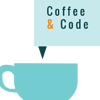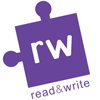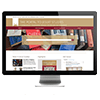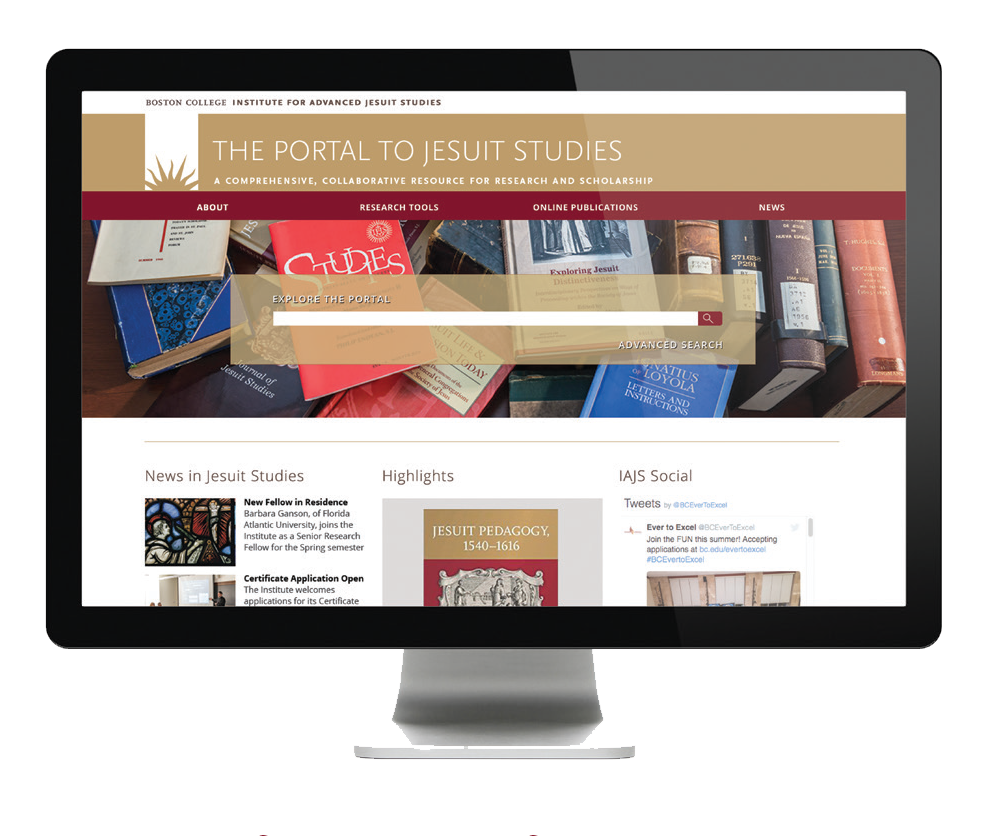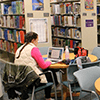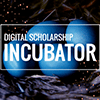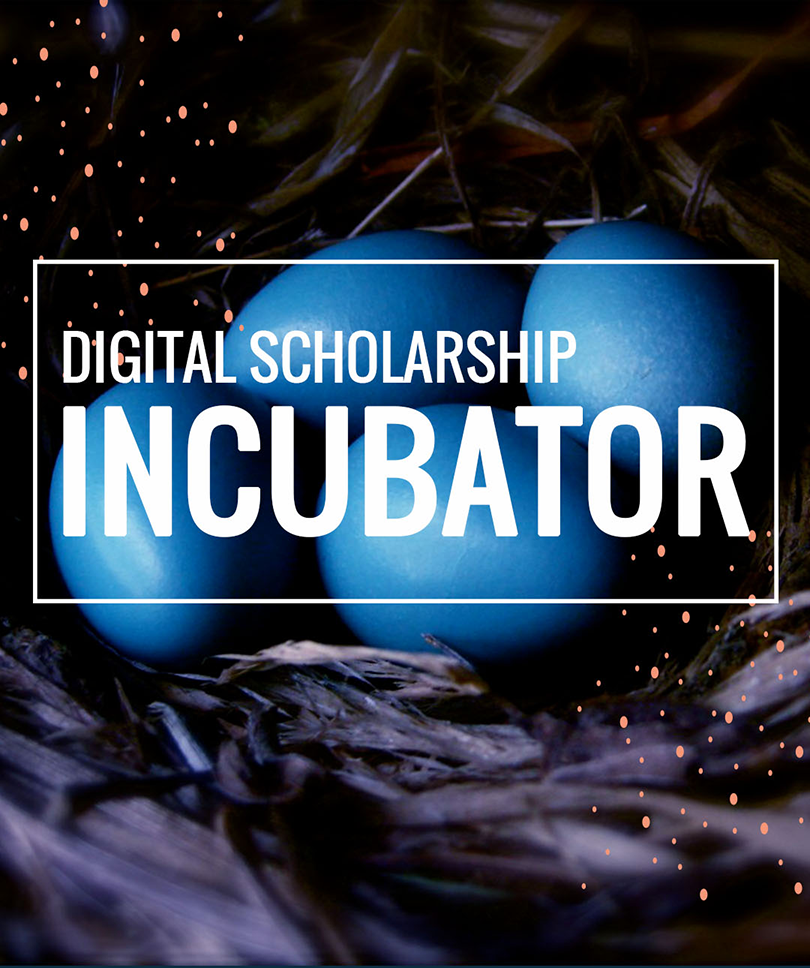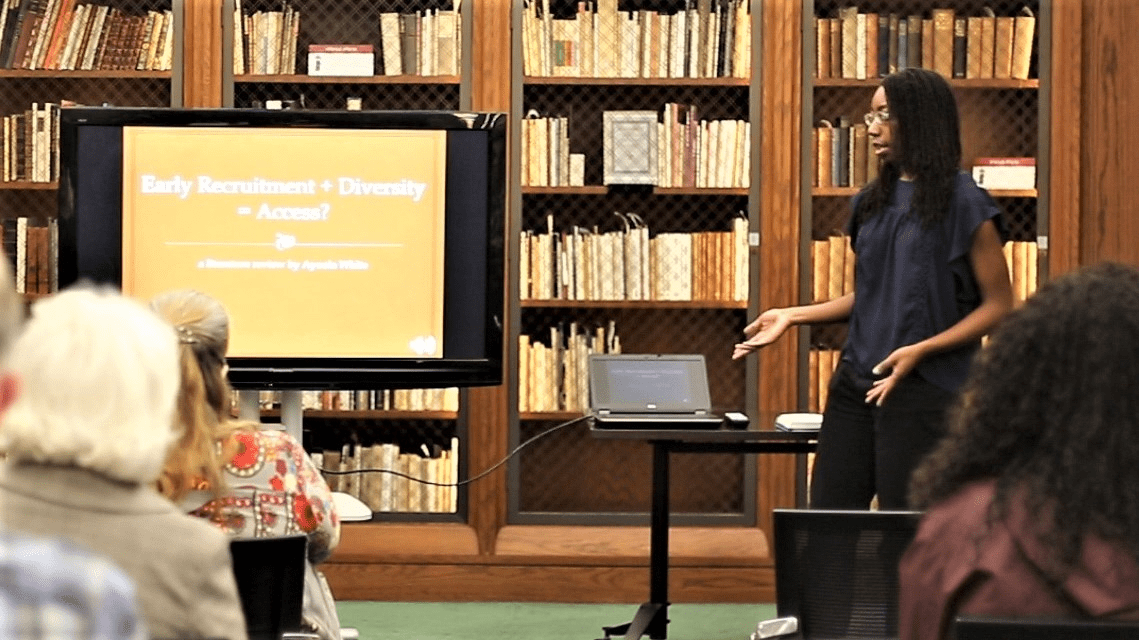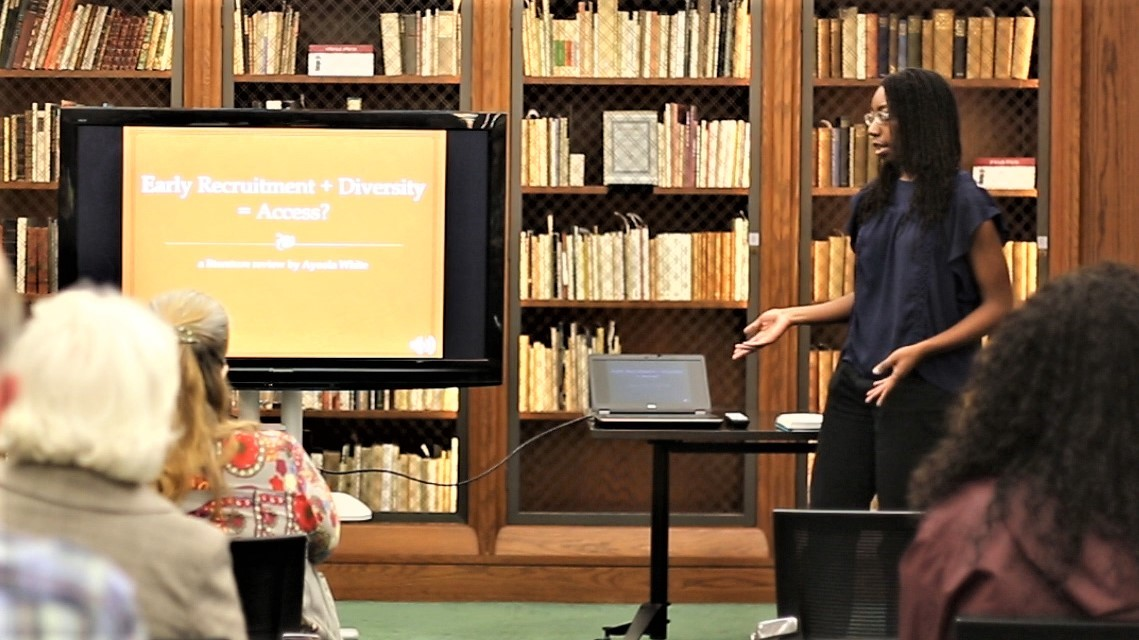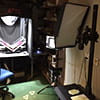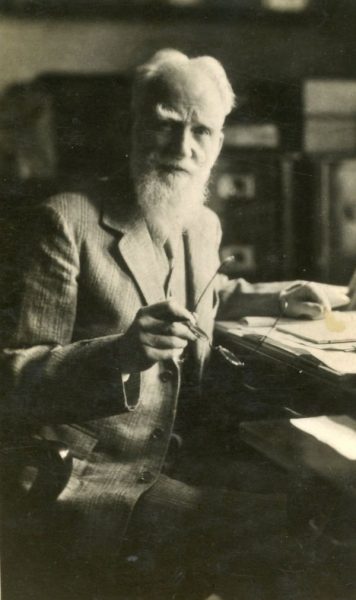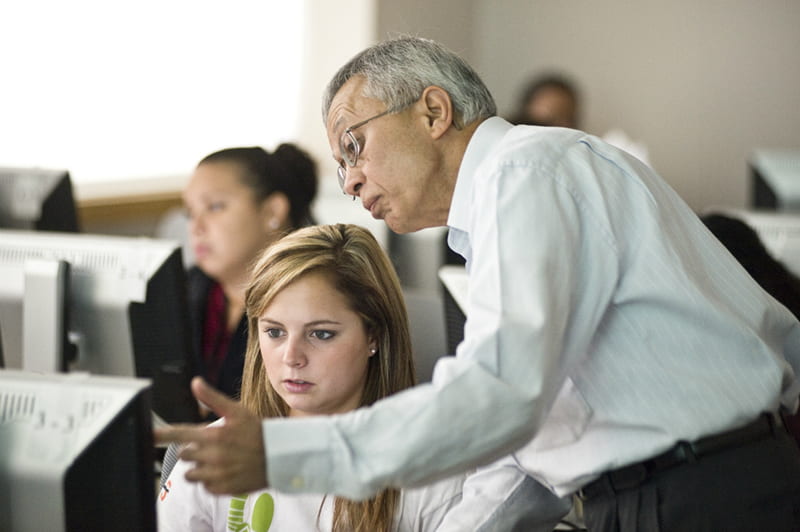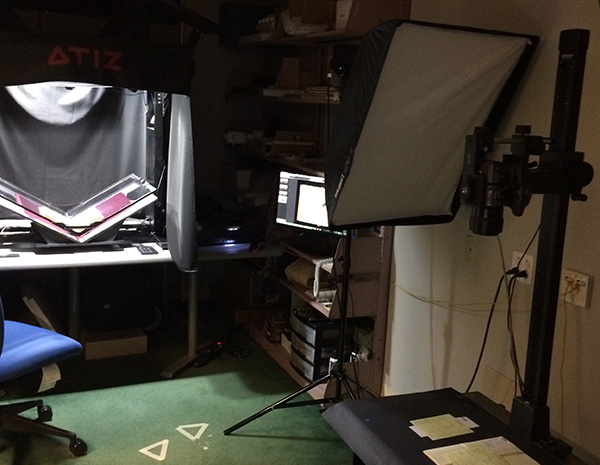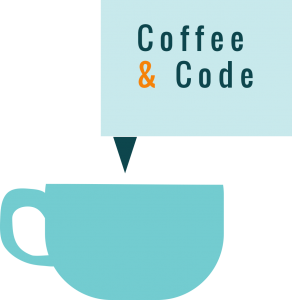 The BC Libraries’ Digital Scholarship Group hosts a series of workshops each semester for faculty, students, and staff to learn more about digital tools and methodologies. The series, Coffee & Code, is open to the public. While no previous experience is required, certain workshops do have recommended prerequisites. We ask that participants sign up for sessions on the digital scholarship site. All workshops take place in the Digital Studio, room 205 in the O’Neill Library.
The BC Libraries’ Digital Scholarship Group hosts a series of workshops each semester for faculty, students, and staff to learn more about digital tools and methodologies. The series, Coffee & Code, is open to the public. While no previous experience is required, certain workshops do have recommended prerequisites. We ask that participants sign up for sessions on the digital scholarship site. All workshops take place in the Digital Studio, room 205 in the O’Neill Library.
This fall, Coffee & Code sessions include workshops on visualizing temporal data on timelines, creating online maps, textual analysis, and more:
September 21, 11 am – 12:30 pm: Visualizing Temporal Data with Timeline.js
In this session, you will learn how to transform data in your spreadsheets into a timeline using Timeline.js.
October 11, 11 – 12:30 pm: Text Analysis with Voyant
Voyant-tools.org is a free, web-based suite of tools that enables a range of textual analysis techniques. Used imaginatively, it can guide inquiries into author attribution, semantic biases, and writing style. In this session we’ll apply Voyant’s features to different kinds of texts, discussing the nature of textuality and how to combine digital textual analysis with traditional close reading, and end with an introduction to topic modeling. Along the way we’ll investigate how to use textual analysis and tools like Voyant in classroom assignments and your own research projects.
October 24, 11 – 12:30 pm: Visualize your Data on an Interactive Map
This session will introduce participants to the basics of using geographic data to create a visualization (map) with Carto, a web-based mapping and analysis tool. Several types of map layers will be explored. This session may be of interest to participants who are interested in visualizing historical data for humanities or social science projects or classroom use.
October 26, 3 – 4:30 pm: Managing Your Online Scholarly Identity
As a part of Open Access Week, Boston College Libraries presents a primer on managing Scholarly Identity for researchers. Topics will include pros and cons of different scholarly profiles such as Academia.edu, ResearchGate, ORCID, and Google Scholar. We will also cover how to most effectively share your work to increase your scholarly impact and monitor impact metrics. Students and faculty at all stages of their professional careers are encouraged to attend.
November 2, 11 – 12:30 pm: Teaching through Annotation with Hypothes.is
This session explores web annotation as a strategy for teaching and learning. You will be introduced to Hypothes.is, which allows individuals and groups to publicly or privately discuss any web page—from the popular press to literary works and scholarly journal articles. By creating annotations and participating in interpretive conversations, students develop traditional close reading skills, as well as newer forms of digital and media literacy. Participants will gain hands-on experience creating annotations using Hypothes.is and leave with specific strategies to use Hypothes.is in the classroom.
